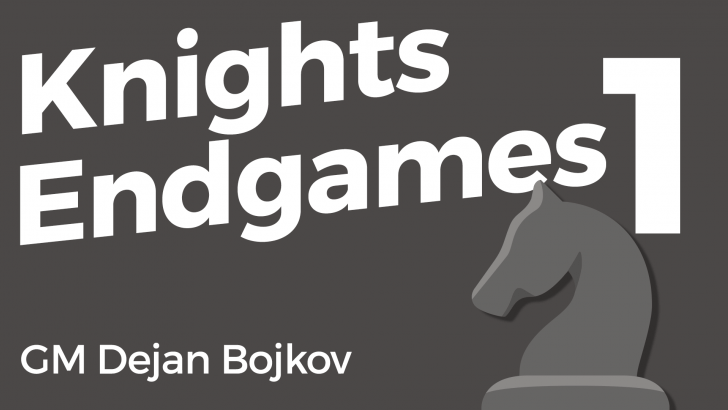Knight Endgames (Part 1)
Are you ready to master knight endings?
This course aims to give you a basic understanding of the most common knight endgames. GM Dejan Bojkov has selected positions that range from 1000 up to 2400 level in difficulty, so there should be a few appropriate positions for any chess student. Start improving your play in knight endgames today!
Here is what you will learn:
- Calculate tricky tactics!
- Find out how to make knights the most effective!
- When should you promote a pawn into a knight?
